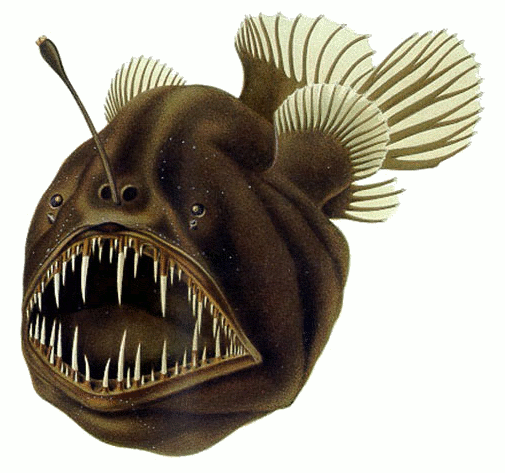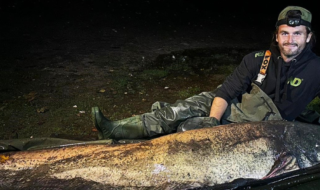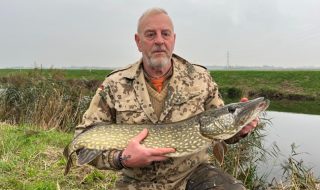The European Parliament is throwing its weight behind a ban on bottom trawling at depths greater than 800 metres in the North-East Atlantic in a move that will make the practise illegal.
Tougher checks at sea and transparent data collection rules will also come into force and new regulations will also restrict deep-sea fishing to the area where it took place between 2009 and 2011.
The regulations also lay down separate rules to protect vulnerable marine ecosystems (VMEs) at depths below 400m. If a catch exceeds set amounts of VME indicator species, then the vessel will have to stop fishing immediately and can start fishing again only when it has moved at least five nautical miles away from where it encountered a VME.
The EU will restrict the North-East Atlantic ‘footprint’ area where deep-sea fishing is permitted to that where deep-sea fishing took place in 2009-2011. This rule will apply to vessels targeting deep-sea species; ie those whose deep-sea species catch makes up more than 8% of the total on at least one fishing trip during the year.
MEPs also inserted stronger transparency safeguards, by including obligations to provide public information on EU vessels targeting deep-sea species and to report all catches (fish and vulnerable ecosystems).
EU member states will also be required to provide information on the location of vulnerable ecosystems (impact assessments), and the EU Commission will assess this data annually and adapt the footprint area accordingly, using implementing acts.
MEPs also included tougher checks at sea – 20% of EU vessels will need to have an observer (scientist) on board to ensure that timely and accurate data are collected.
“This deep-sea fishing regulation is highly symbolic. Deep-sea fishing is an economic activity which, besides its social function of providing jobs, also provides food and it has a strong environmental impact”, said rapporteur Isabelle Thomas. “We have won an agreement tailored to our priorities and all its aims”.






